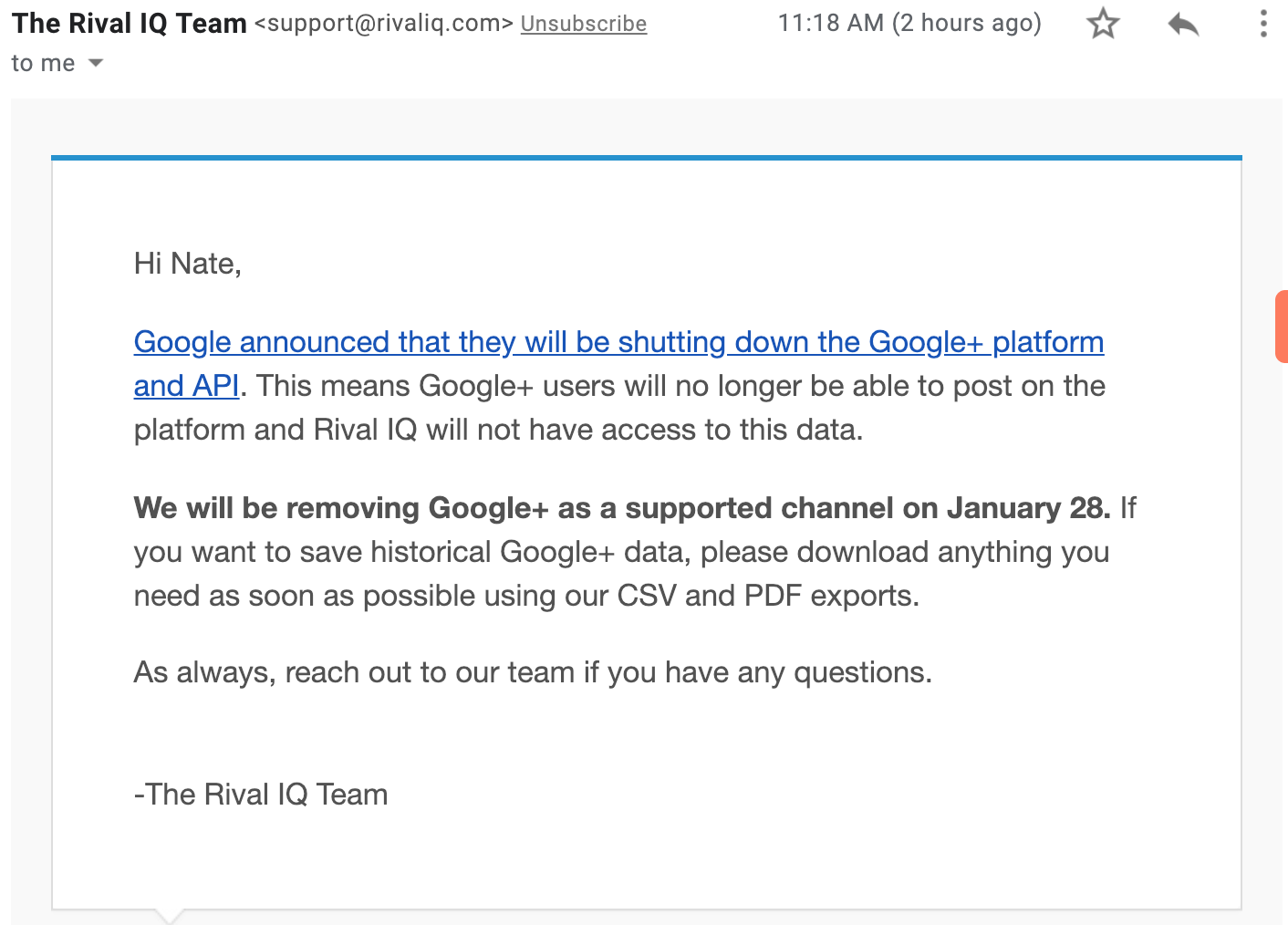 I'd like to welcome guest blogger Ashley Spade to the floor today. Ashley is currently a law student and you can find here on Twitter at @ashpade.
I'd like to welcome guest blogger Ashley Spade to the floor today. Ashley is currently a law student and you can find here on Twitter at @ashpade.
_____________
It is estimated that a total of 234 million people in the United States age 13 and older use some form of social media on a regular basis, with 9 out of 10 internet users accessing social media. According to one estimate, social networks now account for 22 percent of all time spent on the internet in the U.S. It should come as no surprise that social media has found its way into the workplace. In terms of promotion and marketing, social media can fit nicely into the business world.
In terms of posting your opinion on much your boss sucks or even posting things that could be seen as trademark infringement, social media can get you into trouble at the workplace.
Eric B. Meyer, of the labor and employment branch of Dilworth Paxson LLP, says that a company can and likely will monitor use of social media by their employees. Keep in mind that what you say and what you post reflects not only on you, but your employer. There is no law against using social media. However, what you post may be in direct violation of your company's ethics policy. Some recent examples of social media having a direct impact on a person's employment status include:
- A Connecticut woman was fired after she posted disparaging remarks about her boss on Facebook
- A Florida teacher was fired for posting vacation pictures of her in a bikini and subsequently found it difficult to find employment elsewhere
- A man in Indiana was fired for posting comments saying he didn't like an energy drink that happened to be made by the company he worked for at the time
- A New York woman was fired for posting negative information about the company she worked for at time, including what was deemed "privileged information"
Brad Lawwill, general counsel for Pierce Promotions in Portland, Maine, is among those recommended "reasonable social media policies" that do not generally interfere with an employee's private life. The particular policy will vary depending on that particular job you do. Lawwill is among those who recommend realistic policies on social media use. Every state has rules concerning confidential and proprietary info. Posting "company secrets" online may make you vulnerable to a civil law suit.
Many companies are now using existing phone and email policies to apply to social networks as well. Other companies have specific policies in place concerning social media use in regards to the company and its employees. The best thing to do is to find out how your employer is currently applying their social media policy.
Social media can have its place at work. A man identified himself as working for a certain company and "ran into" a customer on a social website who had purchased a product from that company and never received it. He found out that it was a problem with the shipping company the business used and a replacement product was shipped overnight to the customer. Positively promoting your employer via social media can be productive. Sharing office gossip about who is sleeping with who can invite legal action. Standards of decorum and manners still apply. Some basic guidelines to follow include:
- Don't post comments about your boss online that you wouldn't say to his/her face
- Refrain from comments that may be interpreted as slurs, inflammatory or demeaning
- Use restraint in pictures you post. If you are going to post something that clearly identifies you and is open to anyone to view, use some common sense. Don't post pictures that are in poor taste or show you engaging in borderline illegal activities. This is not going to reflect well on you and could, at the very least, keep you from advancing at work.


